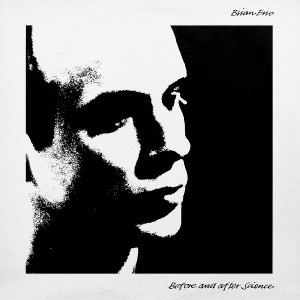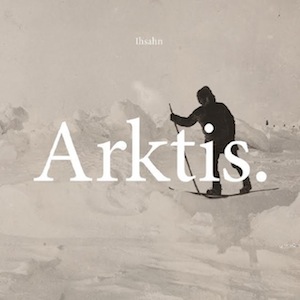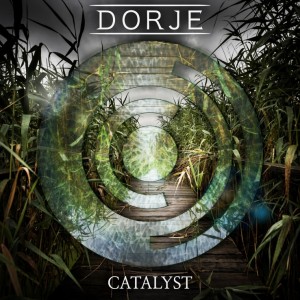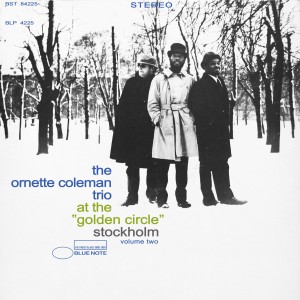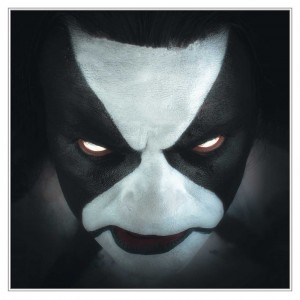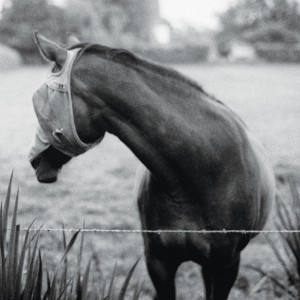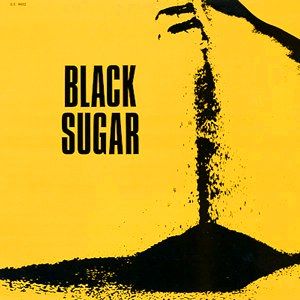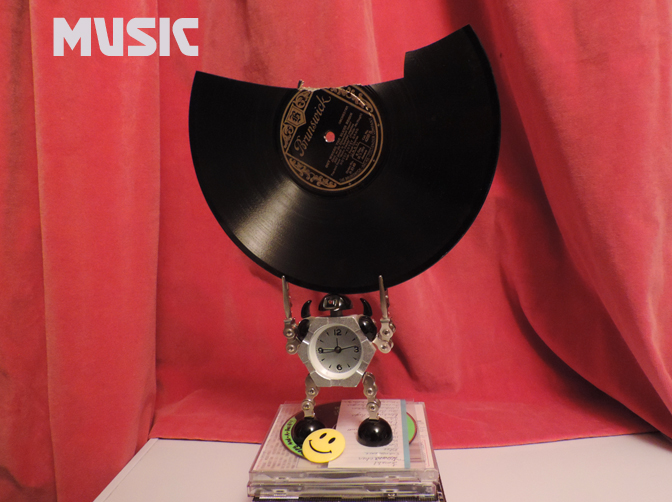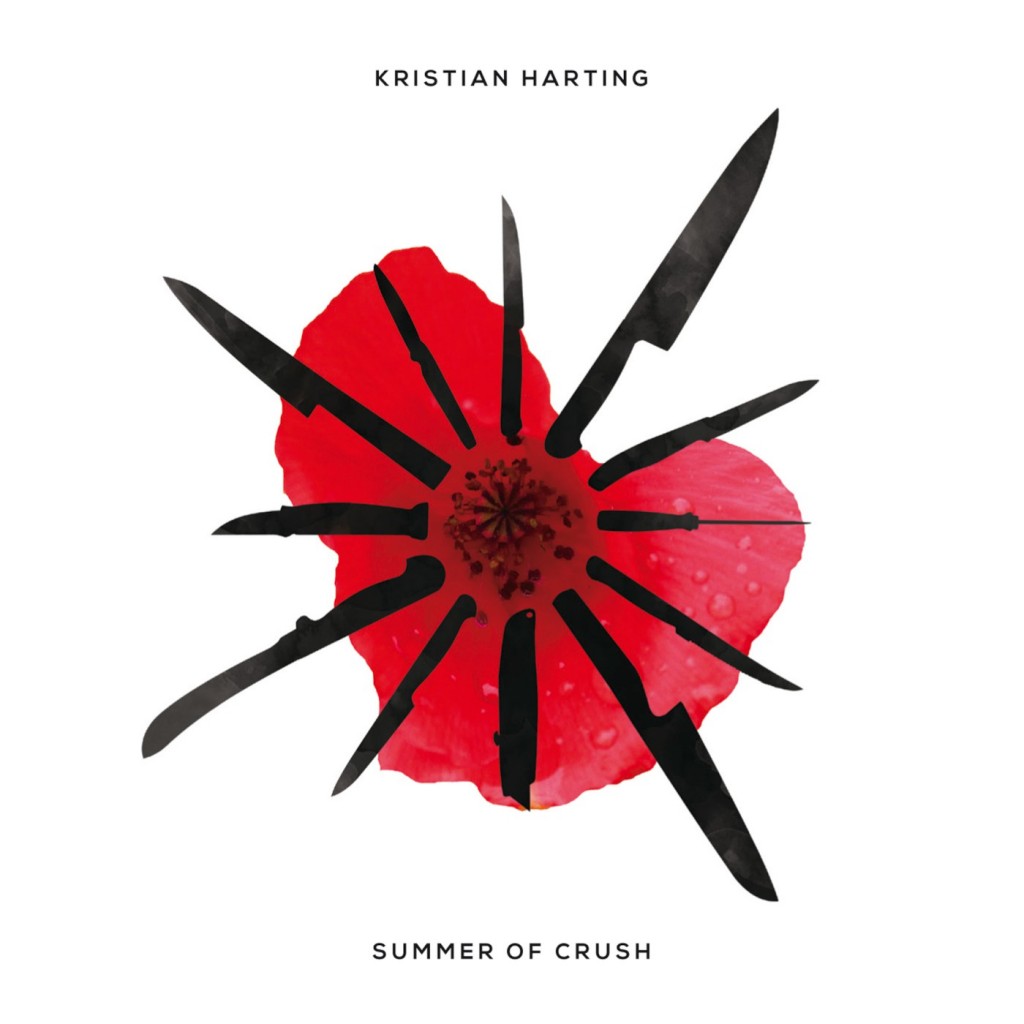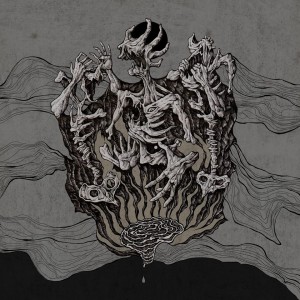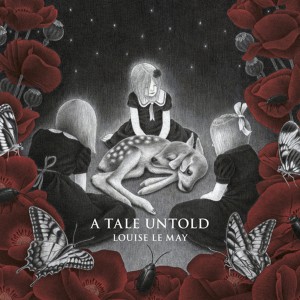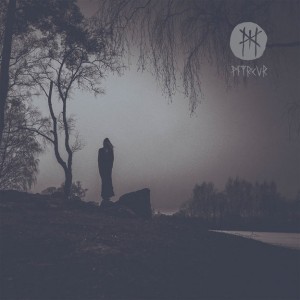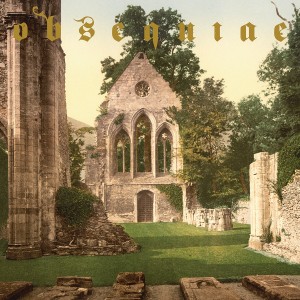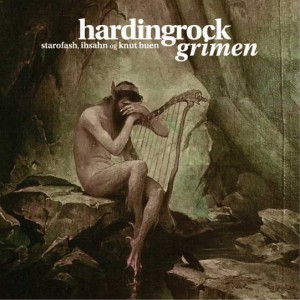Way back in April this year Henrik Palm released an album called Nerd Icon (via Svart Records). It’s very good – 80s-inflected melodic hard rock is as good a description as any, I guess, but it has a very individual personality and none of the pomposity or poser quality of that kind of music (no offence to actual 80s rock, which I love). In fact it’s one of my albums of the year (see short list below somewhere). But thinking about ‘albums of the year’ (yes, I probably whinge about this annually) especially in the context of Henrik Palm’s work makes me think of what a meaningless accolade it is. Not because there isn’t lots of good music produced every year, but just because people who love music don’t generally accumulate favourite albums in a real time, chronological way. The point of recorded music is that it has been recorded and can be therefore enjoyed outside of the time and place that it was made.
To labour the point, if music only moved forwards, with this year’s top 50 (or whatever) albums superseding last year’s and so on, ‘classic albums’ wouldn’t exist and once-obscure artists would remain obscure and people like Nick Drake (obvious example I know) would be only loved by the shockingly tiny handful of living people who bought his work at the time. But even before the internet that wasn’t the case and it still isn’t, so end of year lists end up being as peculiar a time capsule as the top 40 from years ago is. Yes, they are ranked by quality rather than popularity, but as looking back at these things demonstrates, they are no more reliable for that.
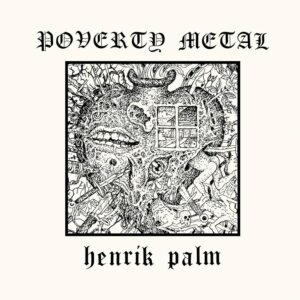
But the reason Henrik Palm illustrates this point for me is that in 2020 he released Poverty Metal, I heard it at the time and quite liked it but I don’t think I wrote about it anywhere, though it got a surprised mention in 2022 – and to my continued surprise I still play it fairly often. It’s an album as unassuming and quirky (I mean that is the right word but bleh) as its title – melodic, sometimes kind of 70s-ish, sometimes not, rarely very metal, often quite delicate and always thoughtful. It’s peculiar, but part of what makes it peculiar is how conventional it is – but at the same time, how unusual it is by the standards of those conventions. I guess it has become one of my favourite albums, which I don’t think anything on my actual 2020 ‘albums of the year’ lists did. And after the dust has settled on 2024, it may be that if any album from this year enters my personal pantheon, it could be one that hasn’t really registered with me yet or that I haven’t even heard.
Now that I’ve undermined it in advance, here’s my ‘albums of the year’ feature.
My favourite albums of this year are two which I (obviously) think are great, but for varying reasons I don’t know if they will stick around my personal playlist like Poverty Metal has – but they may.
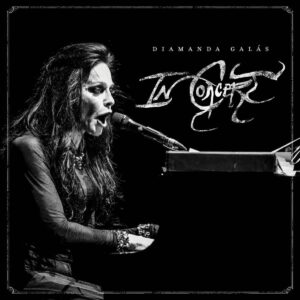
The first is In Concert by Diamanda Galás (Intravenal Sound Operations). Live albums are interesting in that many people (including myself) can be slightly dismissive of them (“_____ has a new album coming out! Oh, it’s just a live album“), a strange reaction, because if you’re lucky enough to see your favourite artists live you never think “oh, it was just a live performance.” In the context of home listening, none of the ephemeral magic of a live show – the stuff that’s really about you – is present, but theoretically the most important part is. In comparison with Galás’ recent, brilliantly gruelling work (Broken Gargoyles was my album of the year in 2022) the album is simple, or at least unadorned; just her extraordinary voice and uniquely expressive piano. But that’s quite a ‘just’ – and she plays a set of songs that are urgent, deeply moving, haunting, wise, shockingly relevant and occasionally wickedly funny. What more do you want? It’s about as far removed from a stadium band delivering polished versions of their greatest hits as you can get and though it would no doubt be a fantastic souvenir and reminder if you were lucky enough to see the performance, it’s entirely transporting just as a record. Will it join the Masque of the Red Death trilogy, The Litanies of Satan, The Sporting Life and Broken Gargoyles as one of my favourite Diamanda Galás albums? Who knows? Some of her work takes time to really get to know in a way that In Concert doesn’t, and I feel like I’m still ‘working on’ (not the right phrase) some of her older work – what that means for this album I don’t know, but I do know that nothing this year has cut deeper.
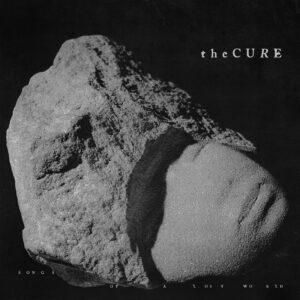
My second album of the year is Songs of a Lost World by The Cure (Fiction), which I reviewed here, which is just as visceral for me, but for completely different reasons. It is, as an amazing amount of people seem to agree, a superb album, moving and memorable and all of that; but I have been a fan of The Cure since I was seventeen and there hasn’t been any point where I stopped listening to them completely. That doesn’t necessarily mean I was predisposed to like it – their last couple of records didn’t do much for me, though they have their moments – but it is relevant to my personal response to it. Even though by any objective methods of analysis (there aren’t any) Songs of a Lost World is probably as good as anything the band has done, will it join Seventeen Seconds, Disintegration, Japanese Whispers and Pornography as one of my all-time favourite Cure albums? Or even Faith, The Top, Kiss Me, Kiss Me, Kiss Me, the Head on the Door and Boys Don’t Cry as my second-tier, almost-favourite Cure albums? Only time will tell, but in that time I will no longer be the me that was most receptive to their music and the band will have to compete with far more music (old, new, whatever) than they ever did when I obsessively listened to them. Then I had no way of getting their work except by buying it or making tapes from friends who owned it. I definitely think I love music just as much as I ever did, but I don’t obsessively listen to anything the way I did in my teens and early 20s. The older Cure records, even the ones I liked relatively less, like Wish and Kiss Me… are imprinted on my brain in a way that just doesn’t get a chance to happen now. But in a way I feel like Songs of a Lost World addresses and encapsulates all of those feelings, which is one of the reasons it’s so good.
Not sure if it’s coincidental or significant that both of my favourite albums of the year are by artists I’ve been listening to for decades, but it’s interesting either way. So anyway, a wee list of honourable mentions and we’re done with this for another year
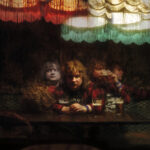 Henrik Palm – Nerd Icon (Svart Records) – sort of 80s-ish, sort of metal-ish, 100% individual
Henrik Palm – Nerd Icon (Svart Records) – sort of 80s-ish, sort of metal-ish, 100% individual
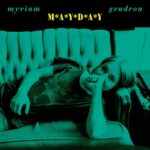 Myriam Gendron – Mayday (Feeding Tube) – I loved Not So Deep as a Well ten years ago (mentioned in passing here) and love this even more
Myriam Gendron – Mayday (Feeding Tube) – I loved Not So Deep as a Well ten years ago (mentioned in passing here) and love this even more
 Ihsahn – Ihsahn (Candlelight) – wrote about it here – for me it doesn’t top my favourite Das Seelenbrechen, but it’s as good as any of his others
Ihsahn – Ihsahn (Candlelight) – wrote about it here – for me it doesn’t top my favourite Das Seelenbrechen, but it’s as good as any of his others
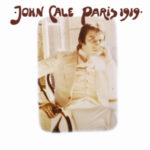 One of my top 3 or 4 albums of all time, John Cale’s Paris 1919 was reissued this year, his latest POPtical Illusion was good too
One of my top 3 or 4 albums of all time, John Cale’s Paris 1919 was reissued this year, his latest POPtical Illusion was good too
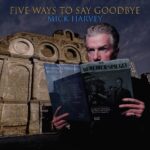 Mick Harvey – Five Ways to Say Goodbye (Mute) – lovely autumnal album by ex-Bad Seed and musical genius, more here
Mick Harvey – Five Ways to Say Goodbye (Mute) – lovely autumnal album by ex-Bad Seed and musical genius, more here

Nick Cave & the Bad Seeds – Wild God (PIAS recordings) – for me a good rather than amazing Nick Cave album, but he’s better than most people so still easily made the list, though I’m not sure I like it more than his old colleague’s work
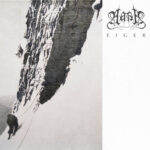 Aara – Eiger (Debemur Morti Productions) – Superior Swiss black metal, conceptual without being pompous and full of great tunes and atmosphere
Aara – Eiger (Debemur Morti Productions) – Superior Swiss black metal, conceptual without being pompous and full of great tunes and atmosphere
 Claire Rousay – Sentiment (Thrill Jockey) – bracingly sparse and desolate but lovely too
Claire Rousay – Sentiment (Thrill Jockey) – bracingly sparse and desolate but lovely too
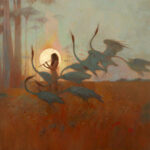 Alcest – Chants de L’Aurore (Nuclear Blast) – seems so long ago that I almost forgot about it, but this was (I thought) the best Alcest album for years, beautiful, wistful and generally lovely. I talked to Neige about it at the time, I should post that interview here at some point!
Alcest – Chants de L’Aurore (Nuclear Blast) – seems so long ago that I almost forgot about it, but this was (I thought) the best Alcest album for years, beautiful, wistful and generally lovely. I talked to Neige about it at the time, I should post that interview here at some point!
Onwards!



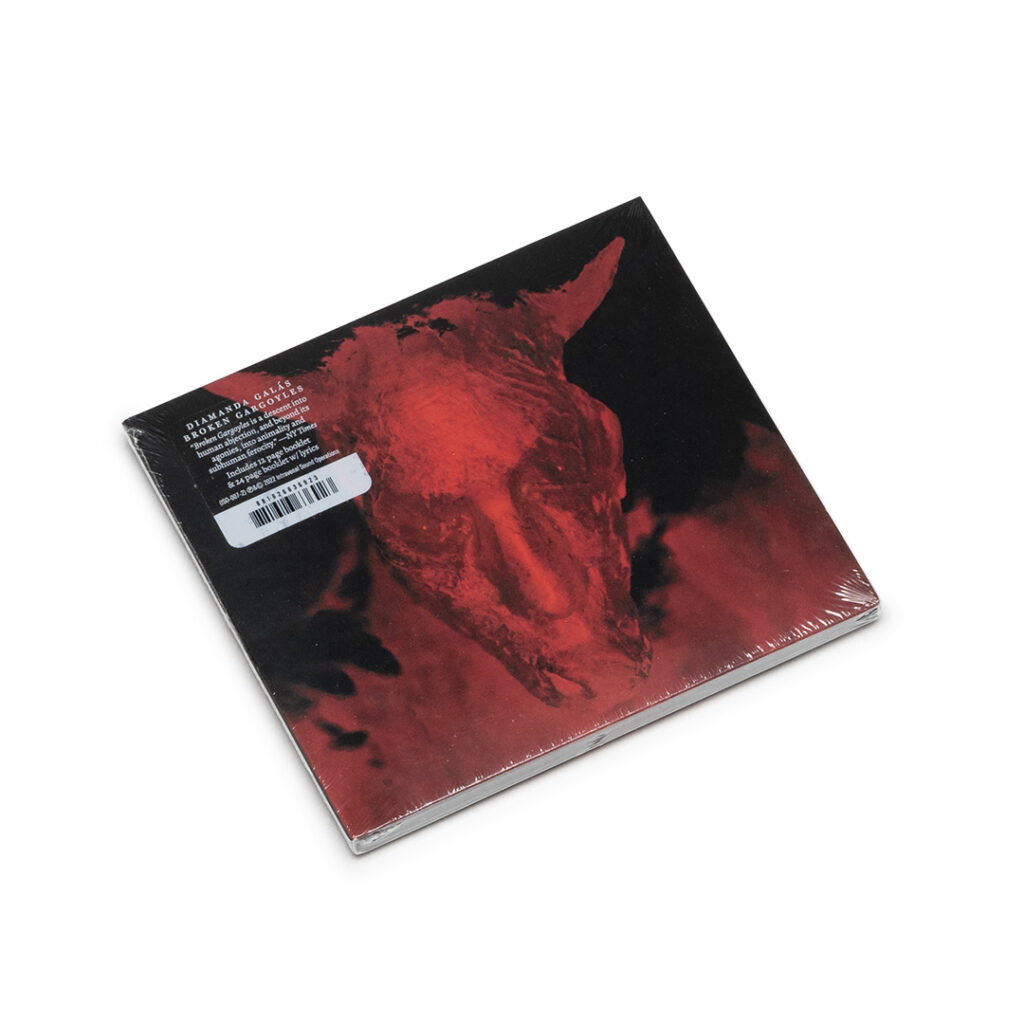
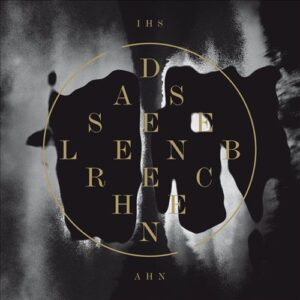 My favourite album of that year was Ihsahn’s Das Seelenbrechen, and it’s still one of my favourite albums. I rarely listen to it all the way through at the moment, but various tracks, such as Pulse, Regen and NaCL are still in regular rotation
My favourite album of that year was Ihsahn’s Das Seelenbrechen, and it’s still one of my favourite albums. I rarely listen to it all the way through at the moment, but various tracks, such as Pulse, Regen and NaCL are still in regular rotation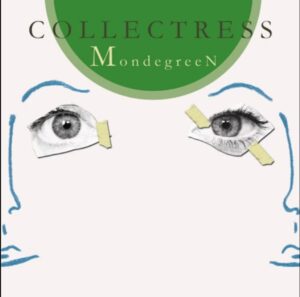 My favourite album of 2014 was
My favourite album of 2014 was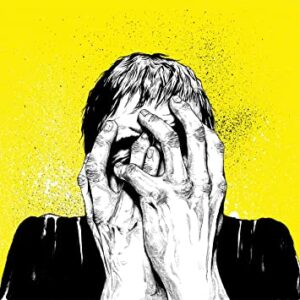 My album of 2015 was Life is a Struggle, Give Up by
My album of 2015 was Life is a Struggle, Give Up by 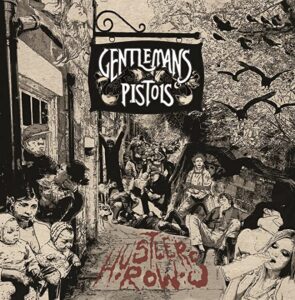
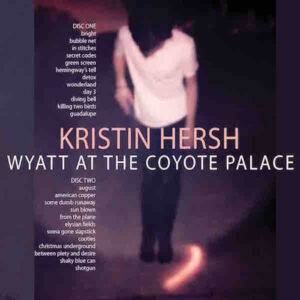 I wouldn’t necessarily say I was aware of it at the time, but 2016 was a great year for music. My album of the year was Wyatt at the Coyote Palace by Kristin Hersh (which I enthused about
I wouldn’t necessarily say I was aware of it at the time, but 2016 was a great year for music. My album of the year was Wyatt at the Coyote Palace by Kristin Hersh (which I enthused about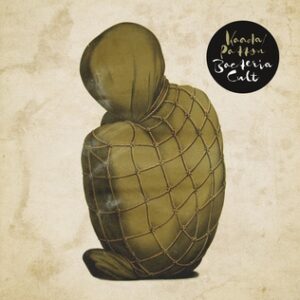
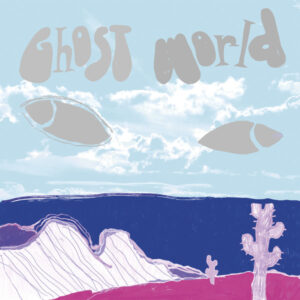 2017 had fewer standouts for me but my album of the year, the self-titled debut by Finnish alt-rock band Ghost World, which I wrote enthusiastically about
2017 had fewer standouts for me but my album of the year, the self-titled debut by Finnish alt-rock band Ghost World, which I wrote enthusiastically about  I was hugely surprised in 2018 to find that my album of the year was an electronic one,
I was hugely surprised in 2018 to find that my album of the year was an electronic one, 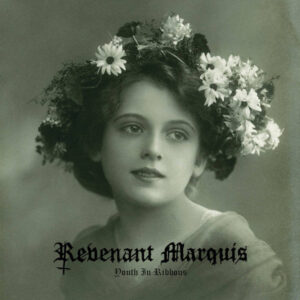 In 2019, I loved another Collectress album, Different Geographies but it didn’t replace or match Mondegreen in my affections. I can’t seem to find my album of the year strangely, but it might well have been Youth in Ribbons by Revenant Marquis, still my favourite of that prolific artist’s releases.
In 2019, I loved another Collectress album, Different Geographies but it didn’t replace or match Mondegreen in my affections. I can’t seem to find my album of the year strangely, but it might well have been Youth in Ribbons by Revenant Marquis, still my favourite of that prolific artist’s releases.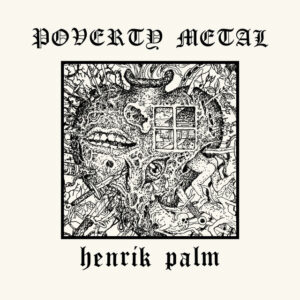

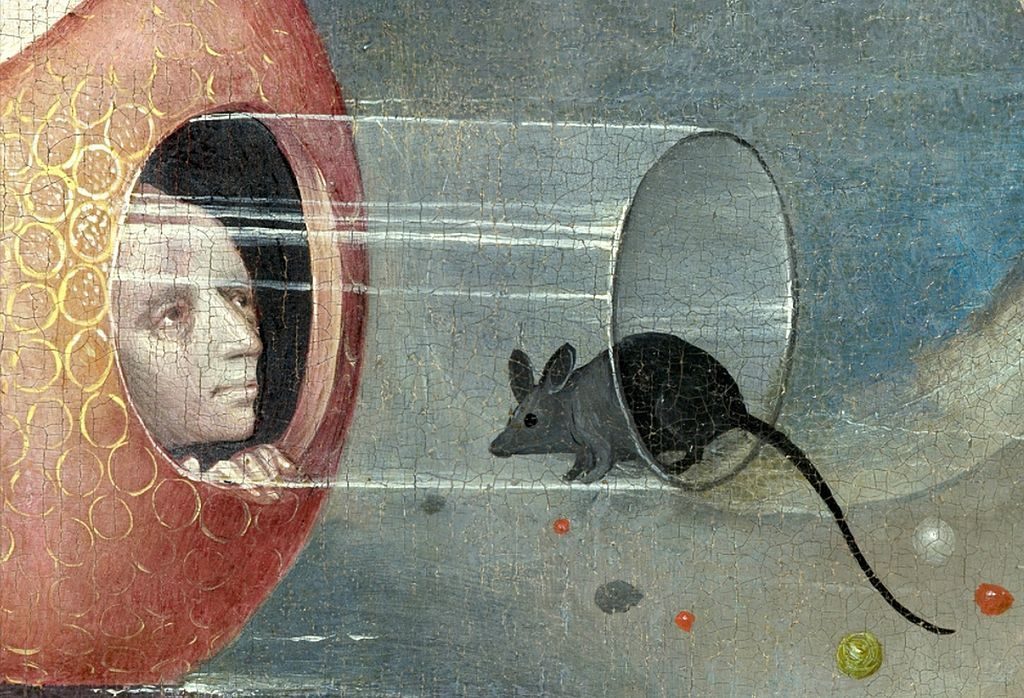
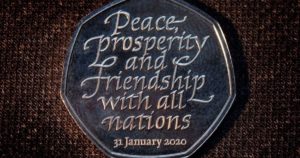
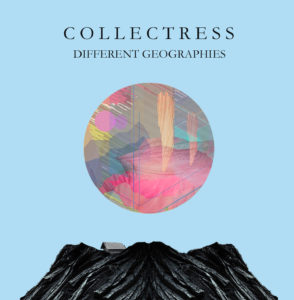
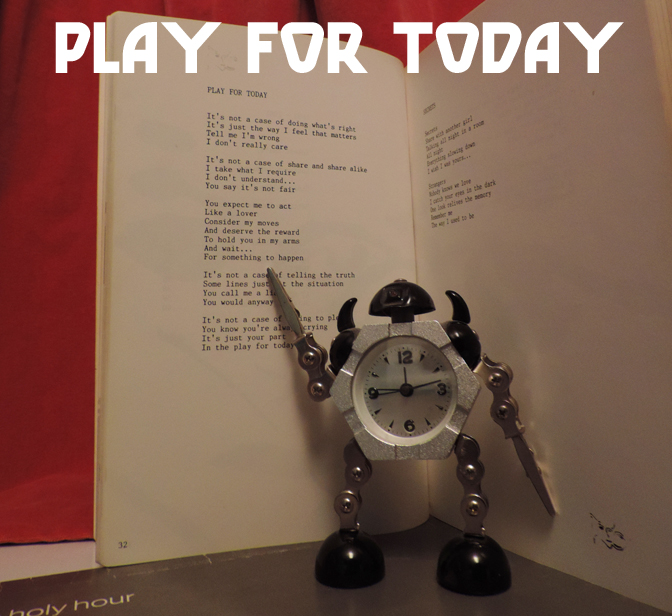
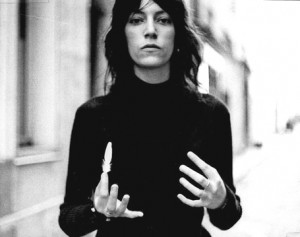
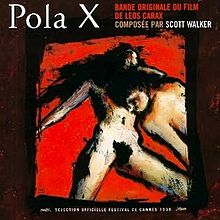
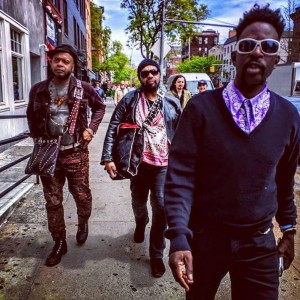
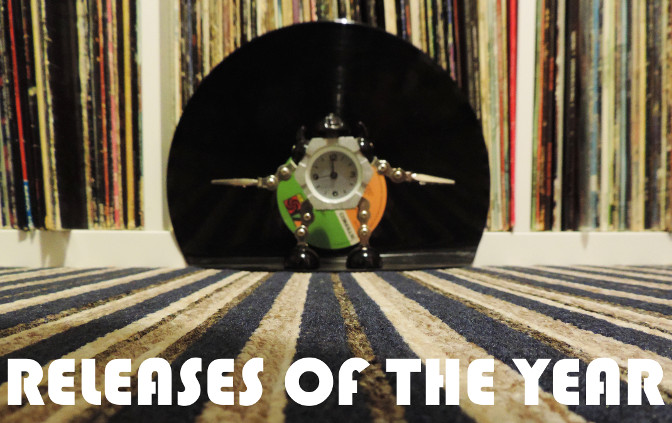
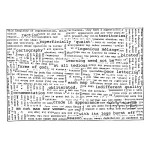
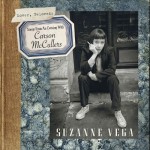
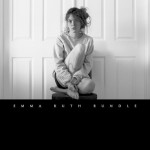
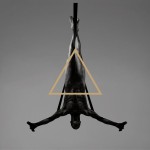
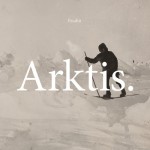
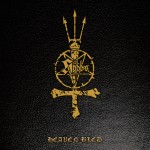
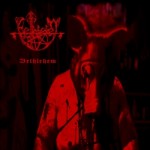
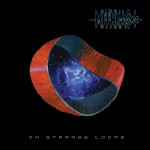
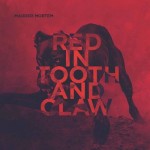
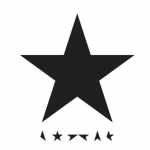
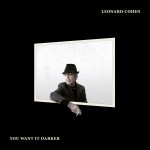

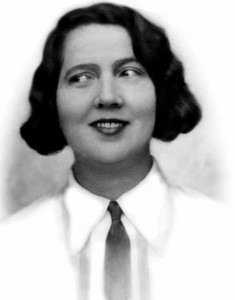
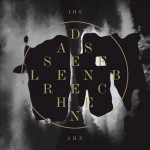
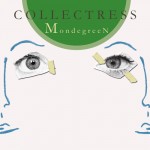
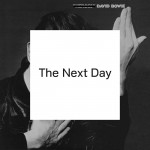
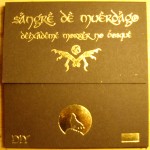
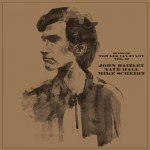
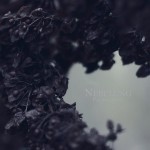
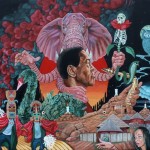
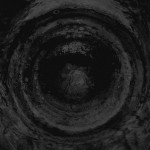

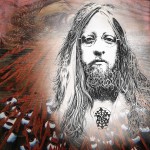
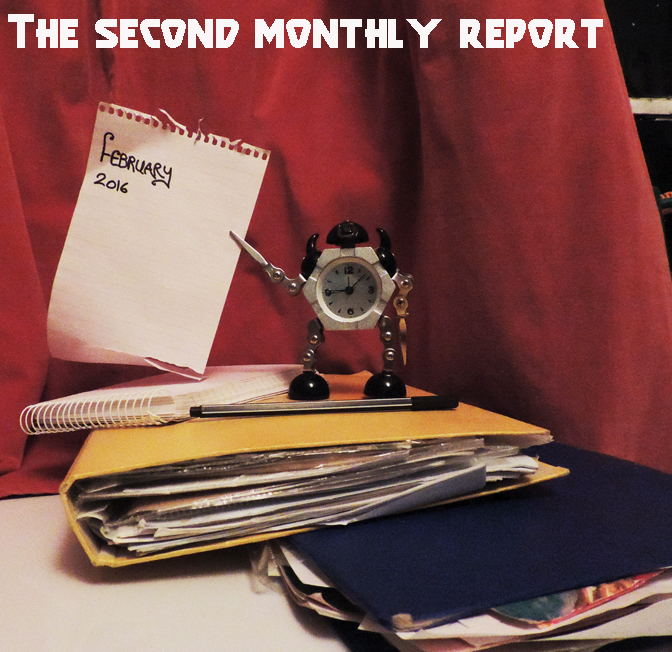
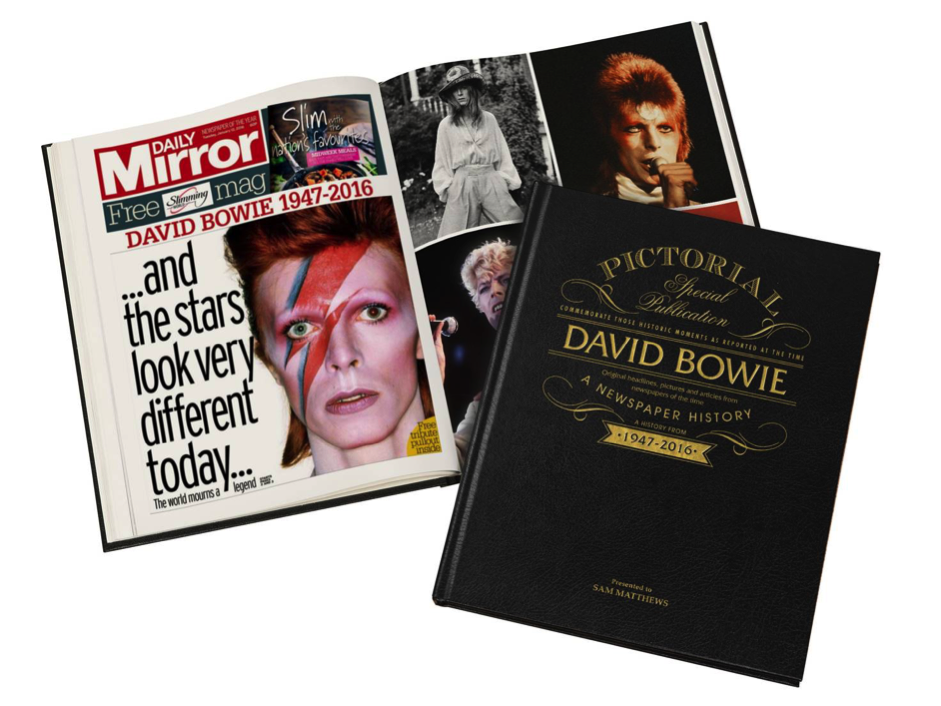
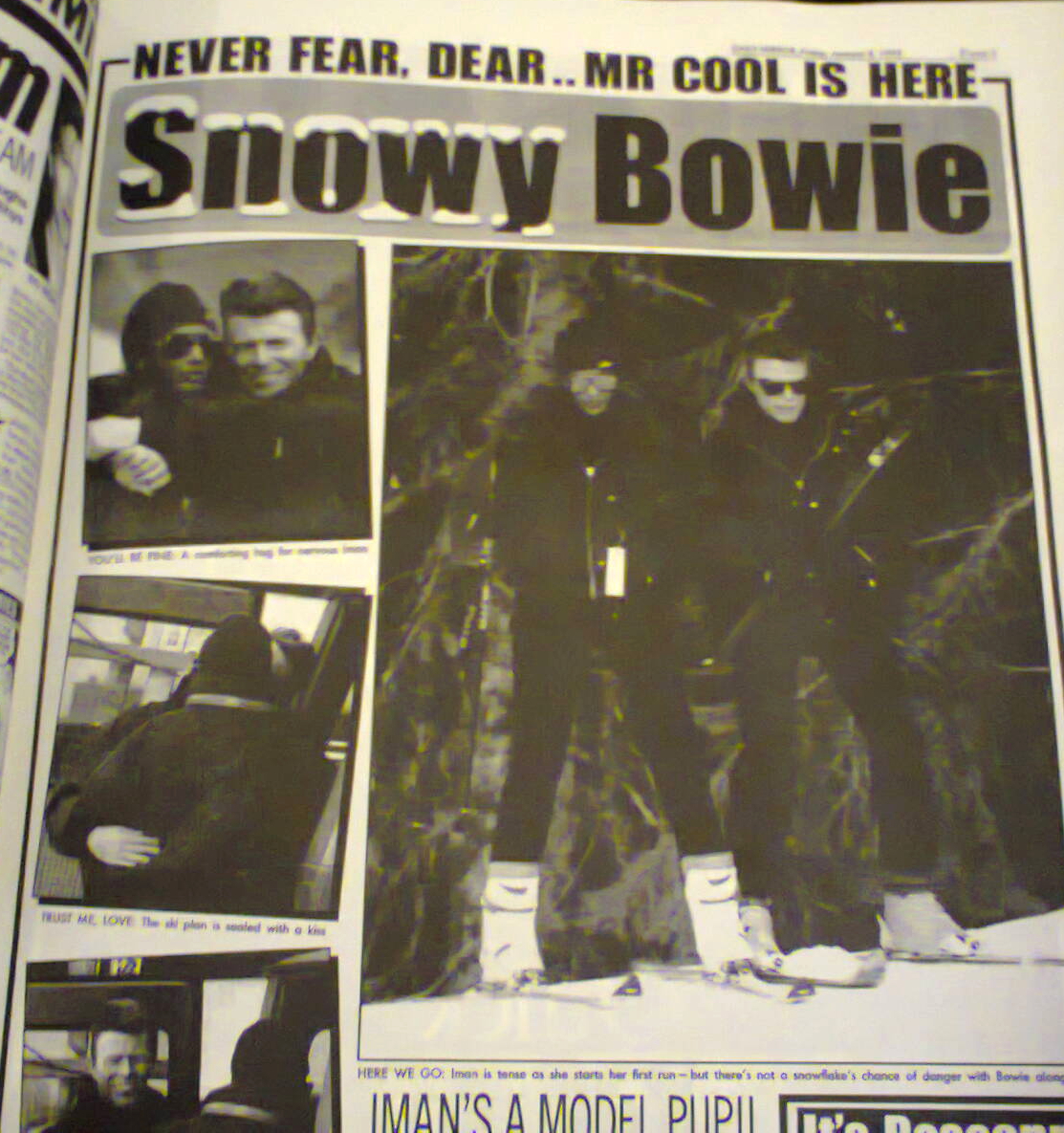
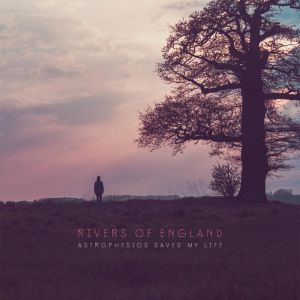 Astrophysics Saved My Life is the second album by folk-rock group Rivers of England and it’s a rich, accessible and pleasant album that wears its unorthodox aspects very lightly. The most audible reference point is less folk (let alone ‘folk rock’) and more the jazzy John Martyn of Solid Air, although Rivers of England’s sound is never quite as unearthly as that comparison suggests, not least because singer/songwriter Rob Spalding has a David Gray-like (though not David Gray-sounding) directness in his vocal performances that is very different from John Martyn’s allusive, intuitive delivery. It’s a strong set of songs that seems set for mainstream success; they would be an eminently suitable festival band, so hopefully they should be on some main (or at least big) stages this summer.
Astrophysics Saved My Life is the second album by folk-rock group Rivers of England and it’s a rich, accessible and pleasant album that wears its unorthodox aspects very lightly. The most audible reference point is less folk (let alone ‘folk rock’) and more the jazzy John Martyn of Solid Air, although Rivers of England’s sound is never quite as unearthly as that comparison suggests, not least because singer/songwriter Rob Spalding has a David Gray-like (though not David Gray-sounding) directness in his vocal performances that is very different from John Martyn’s allusive, intuitive delivery. It’s a strong set of songs that seems set for mainstream success; they would be an eminently suitable festival band, so hopefully they should be on some main (or at least big) stages this summer.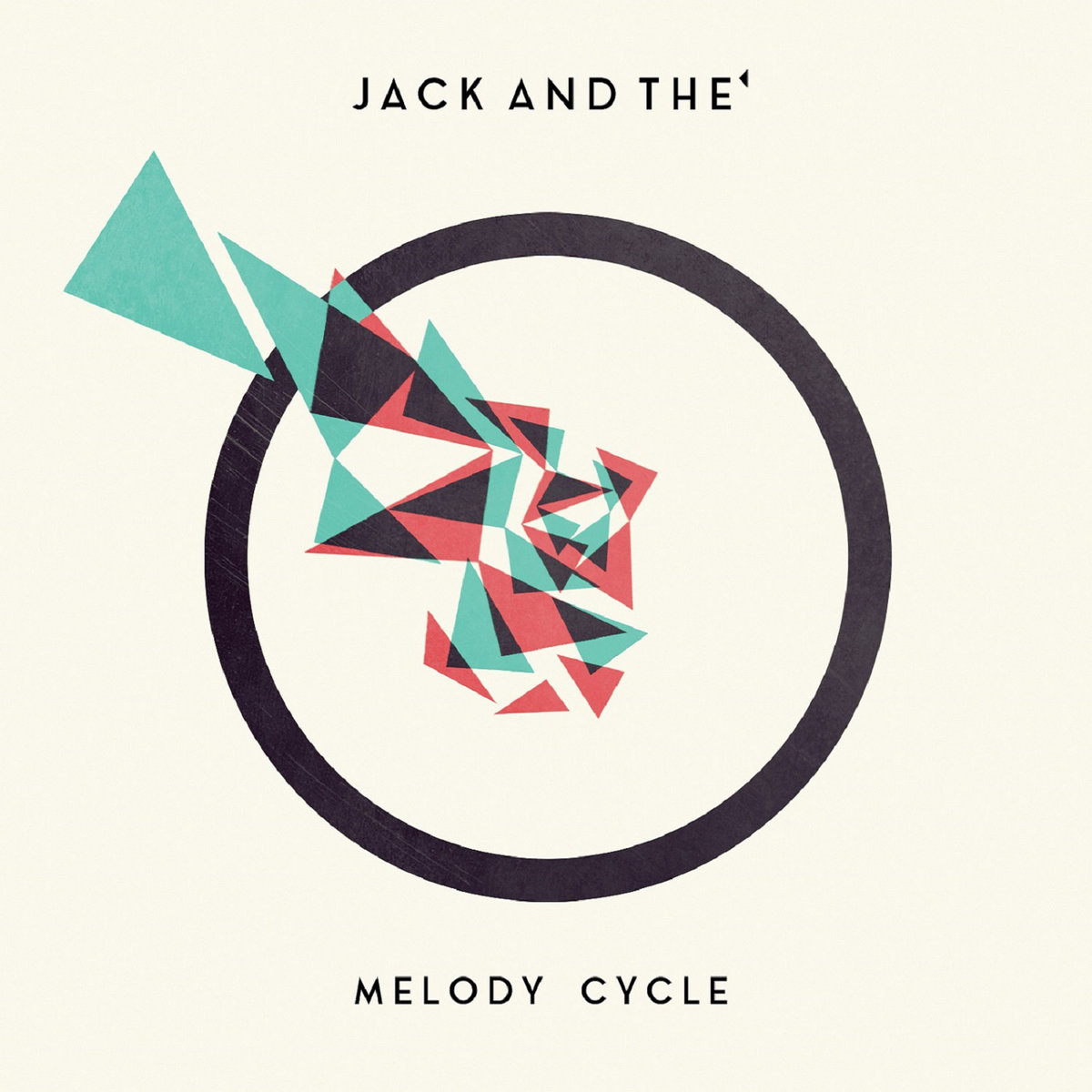 Less ‘normal’ and slightly more my cup of tea is Melody Cycle by Jack And The’, the musical project of Edinburgh-based French multi-instrumentalist Julien Lonchamp.
Less ‘normal’ and slightly more my cup of tea is Melody Cycle by Jack And The’, the musical project of Edinburgh-based French multi-instrumentalist Julien Lonchamp.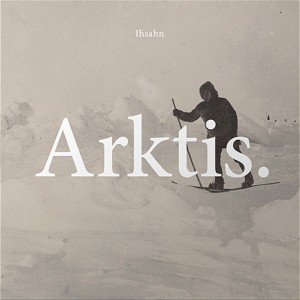 In a heavier vein than the Folkwit records, my favourite metal musician
In a heavier vein than the Folkwit records, my favourite metal musician 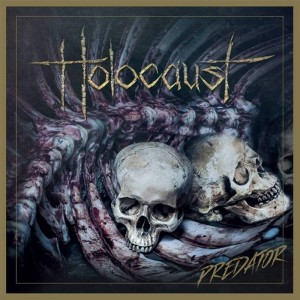 Speaking of unashamed heavy metal, an unexpected treat to (belatedly) come my way was the latest albums by Scottish NWOBHM legends
Speaking of unashamed heavy metal, an unexpected treat to (belatedly) come my way was the latest albums by Scottish NWOBHM legends 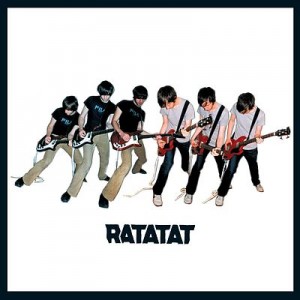 Away from current releases, birthday presents allowed me to overdose on the works of RATATAT, specifically their perfect debut album as well as LP3 and LP4. RATATAT are an interesting band to study chronologically, since their work manages to be both hard to label and surprisingly homogenous in itself. LP3 feels like the most experimental of the three (of all their albums in fact), but it’s a slightly deceptive perception, since LP4 was mostly recorded in the same sessions, so it’s mostly a matter of selection. It feels as though the duo are attempting to explore all of the possibilities within a fairly narrow range of sounds/styles and since their latest album Magnifique (2015) is perhaps their best to date, they hopefully still have plenty of exploring to do.
Away from current releases, birthday presents allowed me to overdose on the works of RATATAT, specifically their perfect debut album as well as LP3 and LP4. RATATAT are an interesting band to study chronologically, since their work manages to be both hard to label and surprisingly homogenous in itself. LP3 feels like the most experimental of the three (of all their albums in fact), but it’s a slightly deceptive perception, since LP4 was mostly recorded in the same sessions, so it’s mostly a matter of selection. It feels as though the duo are attempting to explore all of the possibilities within a fairly narrow range of sounds/styles and since their latest album Magnifique (2015) is perhaps their best to date, they hopefully still have plenty of exploring to do.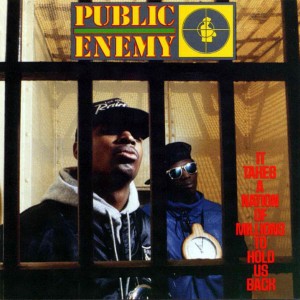 Going back in time, but never sounding more relevant than it does in 2016, Public Enemy‘s immortal It Takes A Nation Of Millions To Hold Us Back was being played probably too loud in my earphones for much of the month. Listening to Chuck D’s incredible delivery on songs like Louder Than A Bomb (to me one of the best rap performances I’ve heard) two things spring to mind; firstly that Chuck D has the perfect balance between power/authority/style and coherently getting his message across, and secondly that, from the perspective of Public Enemy in 1988, the USA in 2016 is probably both better and worse than they could have foreseen.
Going back in time, but never sounding more relevant than it does in 2016, Public Enemy‘s immortal It Takes A Nation Of Millions To Hold Us Back was being played probably too loud in my earphones for much of the month. Listening to Chuck D’s incredible delivery on songs like Louder Than A Bomb (to me one of the best rap performances I’ve heard) two things spring to mind; firstly that Chuck D has the perfect balance between power/authority/style and coherently getting his message across, and secondly that, from the perspective of Public Enemy in 1988, the USA in 2016 is probably both better and worse than they could have foreseen.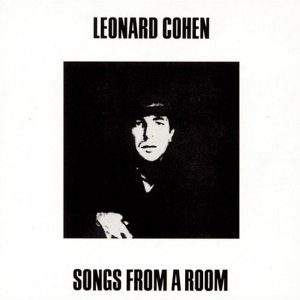 Older still, Leonard Cohen‘s Songs From A Room is an album I knew but didn’t own and it seems as good a place as any to start with his work. Strangely, I mainly know the songs from trying to learn to play the guitar with them (I can’t remember why, but the songbook for Songs From A Room and a Songs of George Formby were the only two chord books I had for years; sounds like a charity shop purchase). Maybe it’s because I spent large chunks of late adolescence listening to Joy Division, Cranes, The Smiths etc, but I don’t find Leonard Cohen at all depressing; and really, if as people often claim apologetically, ‘he isn’t really a singer, he’s a poet’, then what is Bob Dylan, or even Lou Reed? Cohen’s voice may not be flamboyant, but it’s inherently musical, and it delivers his emotionally complex lyrics with perfect clarity. The musical sparseness of the album too is a plus, stripped of late 60s ornament, it is timeless and beautiful.
Older still, Leonard Cohen‘s Songs From A Room is an album I knew but didn’t own and it seems as good a place as any to start with his work. Strangely, I mainly know the songs from trying to learn to play the guitar with them (I can’t remember why, but the songbook for Songs From A Room and a Songs of George Formby were the only two chord books I had for years; sounds like a charity shop purchase). Maybe it’s because I spent large chunks of late adolescence listening to Joy Division, Cranes, The Smiths etc, but I don’t find Leonard Cohen at all depressing; and really, if as people often claim apologetically, ‘he isn’t really a singer, he’s a poet’, then what is Bob Dylan, or even Lou Reed? Cohen’s voice may not be flamboyant, but it’s inherently musical, and it delivers his emotionally complex lyrics with perfect clarity. The musical sparseness of the album too is a plus, stripped of late 60s ornament, it is timeless and beautiful.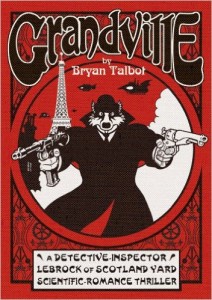 An extremely fun, quick, easy but not simple read was the first volume of Bryan Talbot‘s graphic novel series Grandville. Named in honour of the French caricaturist Grandville* the series consists of old fashioned ‘scientific romance thrillers’ that are part pointed steampunk satire, part Rupert the Bear; a very satisfying mixture as it turns out, and beautifully designed and drawn too. As it happens, Bryan Talbot had already drawn possibly my favourite ever steampunk comic art in his tenure as artist on Nemesis The Warlock in 2000AD comic. His ‘Gothic Empire’ episodes are beautifully atmospheric, some of the finest artwork from one of 2000AD’s golden ages.
An extremely fun, quick, easy but not simple read was the first volume of Bryan Talbot‘s graphic novel series Grandville. Named in honour of the French caricaturist Grandville* the series consists of old fashioned ‘scientific romance thrillers’ that are part pointed steampunk satire, part Rupert the Bear; a very satisfying mixture as it turns out, and beautifully designed and drawn too. As it happens, Bryan Talbot had already drawn possibly my favourite ever steampunk comic art in his tenure as artist on Nemesis The Warlock in 2000AD comic. His ‘Gothic Empire’ episodes are beautifully atmospheric, some of the finest artwork from one of 2000AD’s golden ages. Another book with pictures is the brilliant Vivia
Another book with pictures is the brilliant Vivia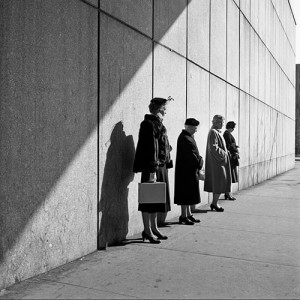 n Maier: Street Photographer edited by John Maloof and published by
n Maier: Street Photographer edited by John Maloof and published by 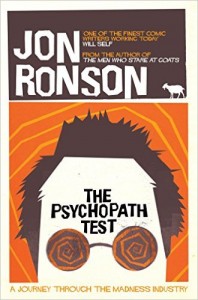
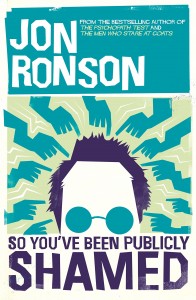 Psychopath Test. A superb and funny investigation into the nature of madness of various types, it retrospectively suffers a little from its own success, the ideas and stories having been widely disseminated since publication (Channel 4’s Psychopath Night etc) and on the whole I think I prefer his latest,
Psychopath Test. A superb and funny investigation into the nature of madness of various types, it retrospectively suffers a little from its own success, the ideas and stories having been widely disseminated since publication (Channel 4’s Psychopath Night etc) and on the whole I think I prefer his latest, 
